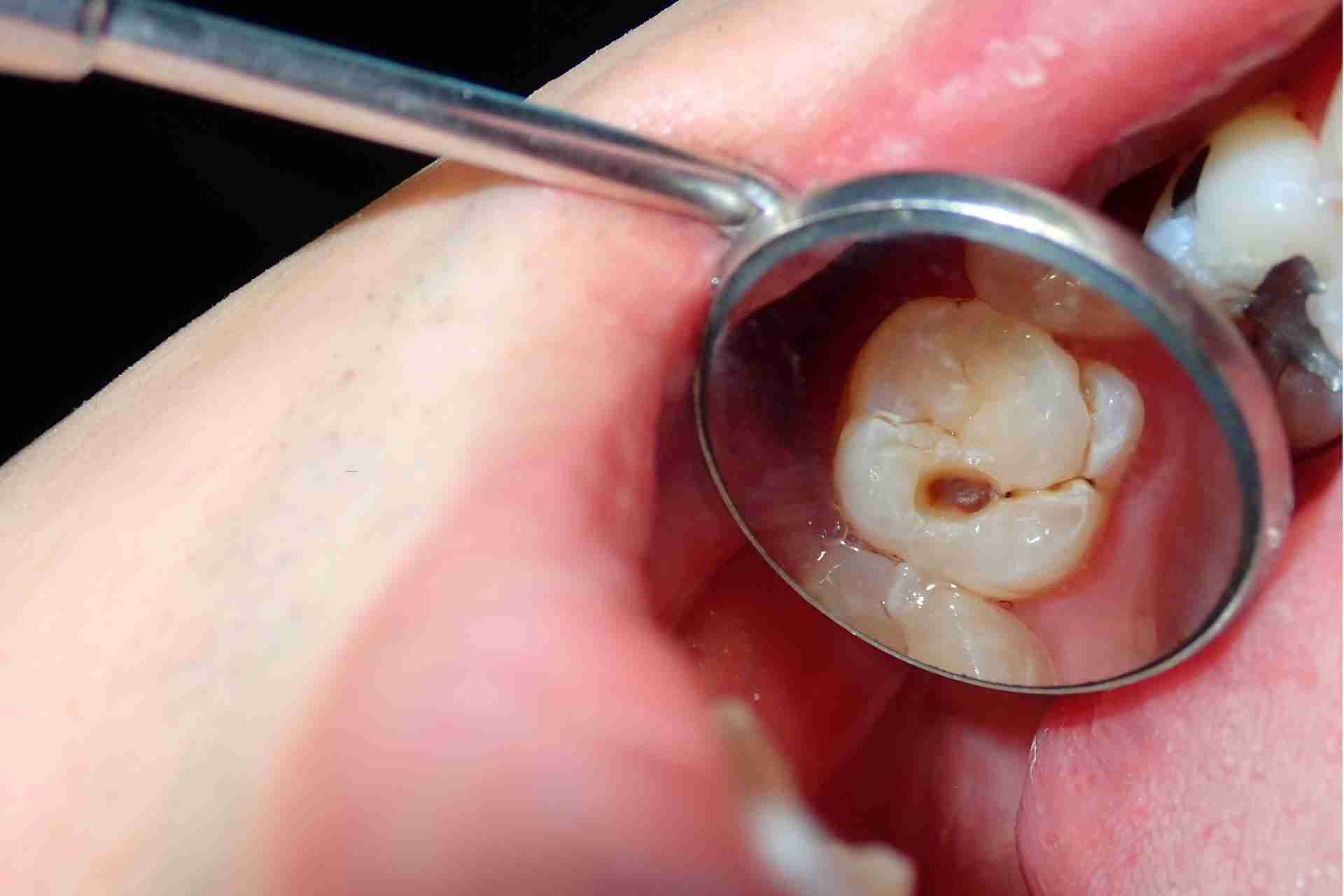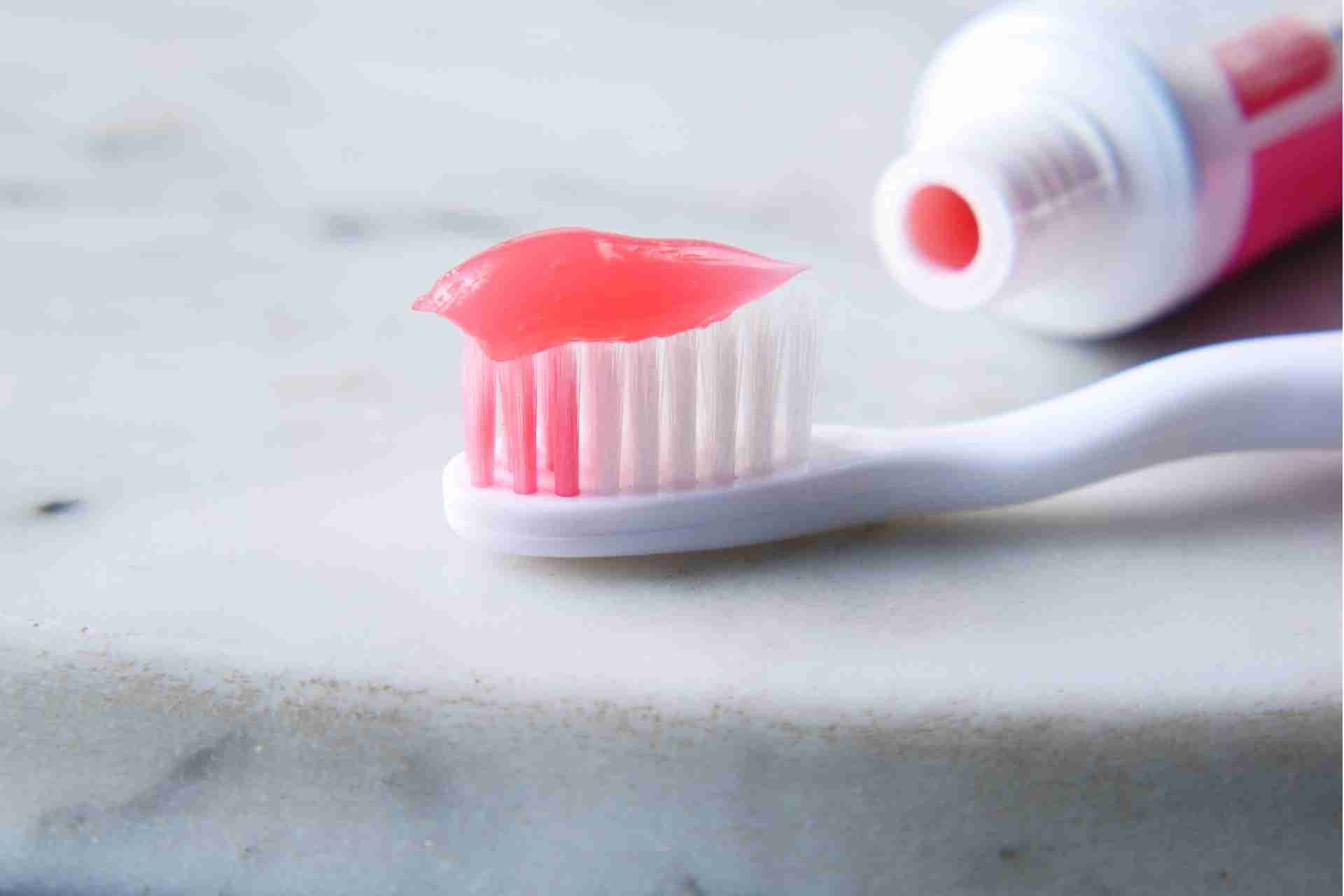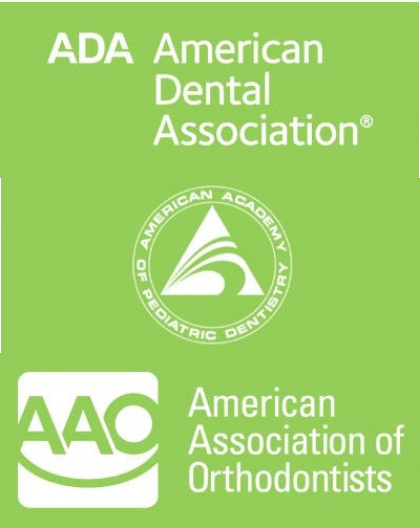Everything to Know About Dental Sealants

If you're looking to protect your teeth from cavities, dental sealants might be the solution you need. These thin coatings can be a simple way to keep your smile healthy, especially for kids and teens. But how do they actually work, and who should consider them? Understanding the application process and benefits can help you make an informed decision about this preventive treatment. Let's explore what you should know.
What Are Dental Sealants?
Dental sealants are a preventive measure designed to protect your teeth from cavities. These thin, plastic coatings are applied to the chewing surfaces of your back teeth, where decay often begins. Sealants fill in the grooves and pits, creating a smooth surface that's easier to clean.
They're especially beneficial for children and teenagers, as their molars are more susceptible to cavities. By getting sealants, you're taking a proactive step in maintaining your oral health.
The application process is quick and painless, usually completed in one visit to the dentist. With proper care, sealants can last for several years, providing long-lasting protection.
How Do Dental Sealants Work?
After sealants are applied, they create a protective barrier on your teeth, effectively sealing off the grooves and pits where food particles and bacteria can accumulate.
This barrier keeps harmful substances from reaching the tooth enamel, significantly reducing your risk of cavities. The sealant material flows into the tiny crevices and bonds with the tooth surface, forming a strong, durable shield.
You won't notice the sealants once they're in place, and they can last several years with proper care. Regular dental check-ups will help ensure they're intact and functioning effectively.
If you maintain good oral hygiene, including brushing and flossing, you'll enhance the sealants' effectiveness, allowing your teeth to stay healthier for longer.
Who Should Get Dental Sealants?
Have you ever wondered who can benefit most from dental sealants?
Children and teenagers are prime candidates, as their molars often develop deep grooves that trap food and bacteria. By applying sealants early, you can protect those vulnerable teeth from cavities.
If you're an adult with deep pits and fissures in your teeth, you might also consider sealants to prevent decay. Additionally, individuals with a history of cavities should seriously think about this preventive measure.
Sealants aren't just for kids; they can be useful for anyone looking to enhance their dental health. Talk to your dentist about your specific needs, and they can help you determine if dental sealants are right for you.
The Application Process for Dental Sealants
When considering dental sealants, you'll find that the application process is quick and straightforward.
First, your dentist will clean and dry your teeth, ensuring a smooth surface for the sealant. Next, they'll apply an acidic solution to the chewing surfaces of your molars, which helps the sealant bond better.
After rinsing and drying the teeth again, the dentist will paint the sealant onto the grooves and pits of your teeth. A special light may be used to harden the sealant quickly.
In just about 30 minutes, you'll be done! The entire process is painless, making it an easy preventive measure for maintaining your dental health. You can get back to your day with minimal disruption.
Benefits of Dental Sealants
While you mightn't think about them often, dental sealants offer significant benefits that can enhance your oral health.
They act as a protective barrier for your teeth, especially the molars, which are prone to cavities. By sealing the grooves and pits, sealants prevent food particles and bacteria from settling in hard-to-reach areas. This can significantly reduce your risk of tooth decay and the need for fillings, saving you time and money in the long run.
Additionally, sealants can help maintain your overall dental health by promoting better oral hygiene habits. You'll find that keeping your teeth in good shape can boost your confidence and contribute to a brighter smile.
With sealants, you're taking a proactive step towards a healthier mouth.
Longevity and Maintenance of Dental Sealants
To ensure the longevity of your dental sealants, it's essential to practice good oral hygiene and schedule regular check-ups with your dentist.
Brush your teeth at least twice a day and floss daily to remove plaque and food particles. This helps prevent decay around the sealants.
Avoid hard foods and sticky candies that could dislodge or damage the sealants.
During your dental visits, your dentist will check the condition of your sealants and may reapply them if necessary.
With proper care, sealants can last up to ten years, but keeping an eye on them is crucial.
If you notice any wear or chipping, reach out to your dentist promptly to maintain that protective barrier on your teeth.
Potential Risks and Considerations
Although dental sealants are generally safe and effective, it's important to be aware of potential risks and considerations. Some individuals may experience allergic reactions to the materials used in sealants, which can cause discomfort or irritation.
Additionally, if sealants aren't applied correctly, they mightn't adhere well or could chip over time, leading to inadequate protection. It's crucial to maintain good oral hygiene, as sealants can't replace regular brushing and flossing.
You should also visit your dentist for routine check-ups to monitor the sealants' condition. Lastly, while sealants can significantly reduce cavities, they're not a foolproof solution, so be mindful of your overall dental health and preventive care practices.
Cost of Dental Sealants
The cost of dental sealants typically ranges from $30 to $60 per tooth, depending on various factors like location and the dentist's experience.
In urban areas, you might find prices leaning toward the higher end, while smaller towns could offer more affordable options.
If you have dental insurance, check your plan, as many cover sealants for children, reducing your out-of-pocket expenses.
You should also consider that getting sealants for multiple teeth can sometimes lead to discounts.
Keep in mind that investing in sealants can save you money in the long run by preventing cavities and the need for more extensive dental work.
Always consult with your dentist for a detailed estimate based on your specific needs.
Tips for Maintaining Oral Health With Sealants
While dental sealants provide effective protection against cavities, maintaining good oral hygiene is essential to maximize their benefits.
Brush your teeth twice a day with fluoride toothpaste to keep both your teeth and sealants clean. Don't forget to floss daily, as food particles can still get trapped between your teeth.
Regular dental check-ups are crucial; your dentist can monitor the condition of your sealants and recommend replacements if necessary.
Avoid hard candies and ice, as they can damage sealants. Rinse your mouth with water after meals to wash away food debris.
Lastly, encourage a balanced diet rich in calcium and vitamins, which helps strengthen your teeth and supports overall oral health.
With these tips, you'll keep your sealants—and your smile—in great shape!
Conclusion
In conclusion, dental sealants are a smart choice for protecting your teeth from cavities, especially for kids and teens. They're easy to apply and can save you from more extensive dental work down the road. By keeping up with good oral hygiene and regular dental visits, you can maximize the benefits of your sealants. Don't hesitate to talk to your dentist about getting sealants for yourself or your children; it's a proactive step toward a healthier smile!












